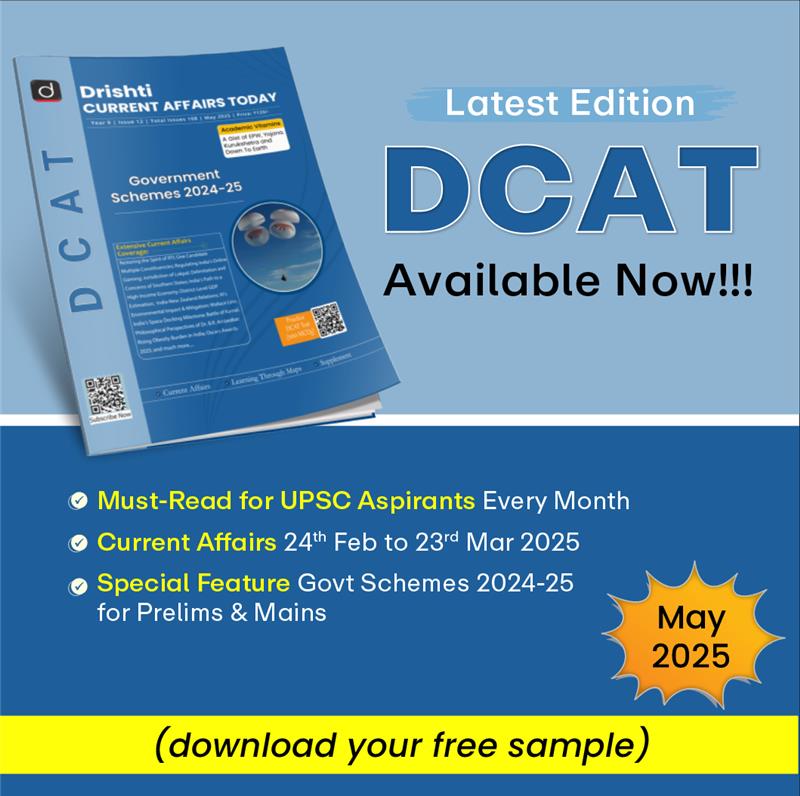West Bengal Switch to Hindi
Waqf Amendment Act 2025 and Violence in West Bengal
Why in News?
The Supreme Court of India addressed a plea seeking to invoke emergency powers under Article 355 to protect West Bengal from ongoing violence related to protests against the Waqf (Amendment) Act, 2025.
- The Court raised concerns over whether such a measure would encroach upon the Executive and Legislative domains, particularly in light of recent criticism that the judiciary has overstepped its authority.
Note:
- Judicial overreach occurs when the judiciary exceeds its constitutional role by interfering with the functions of the legislative or executive branches of government.
- In simpler terms, it is when the judiciary steps beyond its authority and involves itself in areas meant for the executive or legislature.
| Read More: Judicial Activism, Restraint & Overreach |
Key Points
- Background of the Issue: Communal violence erupted in several districts of West Bengal during protests against the Waqf (Amendment) Act, 2025, leading to multiple deaths, displacement of residents, and damage to property.
Waqf (Amendment) Act, 2025
- About Waqf:
- It refers to an endowment made by a Muslim for charitable or religious purposes, such as building mosques, schools, hospitals, or other public institutions. It is inalienable, i.e., it cannot be sold, gifted, inherited or encumbered.
- Key Provisions of the Act:
- Ending Arbitrary Property Claims: Section 40 of the original Waqf Act (1995) has been removed, preventing Waqf Boards from arbitrarily declaring properties as Waqf.
- Section 40 of the Waqf Act (1995) gives the Waqf Board the authority to decide whether a property is a Waqf property or not.
- Eligibility for Waqf Dedication: Only practicing Muslims (for at least five years) can dedicate their property to Waqf.
- Properties already registered with Waqf Boards will remain so unless disputed or identified as government land.
- Diverse Representation: The Waqf Boards will include two non-Muslim members for inclusivity, and among Muslim members, at least two must be women.
- Representation from Shia, Sunni, Bohra, Aghakhani, and OBC Muslim communities is also mandated.
- Waqf Tribunals: The Waqf tribunals consist of 3 members i.e., a district judge, a state government officer (joint secretary level), and an expert in Muslim law and jurisprudence.
- Aggrieved parties can appeal directly to the concerned High Court within 90 days of receiving the Waqf tribunal’s order.
- Ending Arbitrary Property Claims: Section 40 of the original Waqf Act (1995) has been removed, preventing Waqf Boards from arbitrarily declaring properties as Waqf.
| Read More: Waqf (Amendment) Act, 2025 |
Article 355 of the Indian Constitution
- The article states that it shall be the duty of the Union to protect every state against external aggression and internal disturbance and to ensure that the government of every state is carried on in accordance with the provisions of this Constitution.
- It serves as the basis for invoking emergency-like powers and can lead to President’s Rule under Article 356 if constitutional machinery fails in a state.
- However, Article 355 does not grant the judiciary the authority to compel the Union to act, as it is within the discretion of the Executive.








%20MPPCS%202025%20Desktop%20E.jpg)
%20MPPCS%202025%20Mobile%20E%20(1).jpg)










.png)
.png)











 PCS Parikshan
PCS Parikshan

